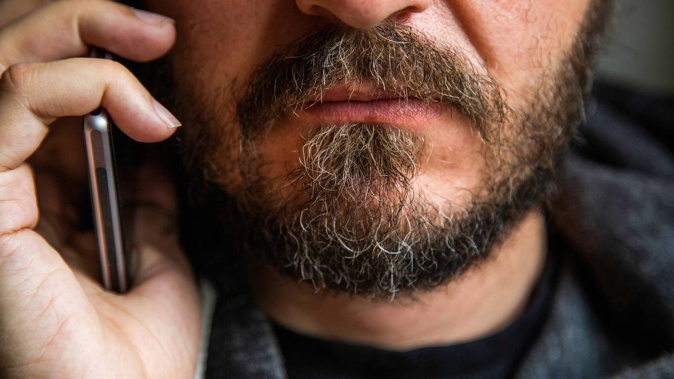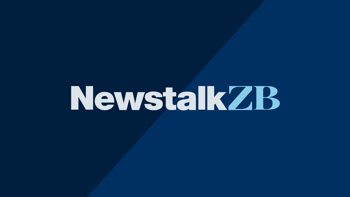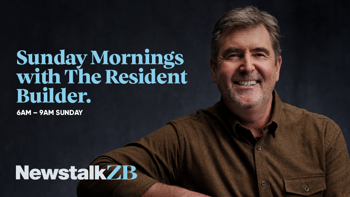
People experiencing a mental health crisis in the Wellington region are being told to call the region’s 24/7 triage centre during “normal business hours” because it does not have enough clinicians to always respond at night, the Herald has learned.
In a leaked email, a senior manager at the mental health division of Te Whatu Ora - Capital, Coast and Hutt Valley said the public health provider is struggling to fill roster gaps on late shifts and some callers will instead be diverted to a recorded message saying the service is “temporarily unavailable”.
Te Whatu Ora’s website describes Te Haika as the telephone contact point for people across the region experiencing moderate to severe mental health problems. It is described as being “staffed 24 hours a day, 7 days a week by mental health and addiction professionals”.
However, in the email obtained by the Herald, the senior manager said Te Haika’s longstanding staffing difficulties have got to the point that it can no longer always have clinicians on duty, particularly on overnight shifts.
Since April, it has been trying to fill roster gaps by bringing in mental health clinicians from other departments, but even with this additional backup, there are shifts when Te Haika has no clinicians to take calls from the public, existing mental health patients, GPs, or police.
Contact the reporter at [email protected]
“These times are intermittent,” the manager said, “however, they can affect the evening and overnight shifts on any day of the week.”
The manager added: “To take the pressure off this system, when you are talking to clients, please encourage them to contact Te Haika during normal business hours, from 8.30am to 5pm Monday to Friday. There will always be someone available to talk during these times.”
Matt Doocey, National’s mental health spokesman, said the problems at Te Haika illustrate how the staffing crisis in our health system is affecting patient care. He criticised the Labour government for not spending more to improve services for people in crisis as part of its mental health reforms.
Paul Oxnam, executive clinical director for Te Whatu Ora - Capital, Coast and Hutt Valley’s mental health division, said it is experiencing high demand from people with “increasingly complex needs and acuity” at the same time as staffing vacancies and absences due to sickness.
Oxnam says the “vast majority” of Te Haika’s calls, about 70 per day, come between 7am and 10.30pm. Between five and 15 per day come outside those hours.
On the “rare” occasions there are no clinicians to take calls, members of the public will be put through to a voicemail message.
If they need urgent help, they will be told to phone another number for a crisis response team, to call 111, or to go to an ED. If they want to talk to a counsellor, they will be advised to call or text 1737. If they do not need urgent help, they will be told to call back during daytime office hours.
Police dealing with mentally unwell people would be told at those times to instead call the hospital switchboard, which could direct them to a crisis team. GPs would be urged to send acutely distressed patients to the nearest emergency department.
“We are investigating options for a sustainable and longer-term telephone triage service,” Oxnam says.
Wellington Police said in a statement it understands the challenges facing the mental health provider and that it has arranged “alternative measures” so that officers can still contact health staff when they attend mental health-related incidents.
Last year, a major investigation by the Herald identified services for people in acute distress as one of the major gaps in a system plagued by problems. Across the country, people who are acutely distressed or suicidal struggle to find timely support, often with devastating consequences. Police respond to hundreds of mental health-related callouts every day and EDs are inundated because there is not an adequate crisis-response system.
Alex Spence is a senior investigative journalist based in Auckland. Before joining the Herald, he spent 17 years in London where he worked for The Times, Politico, and BuzzFeed News.
Help us investigate
This is part of an ongoing investigation into how a national staffing crisis is affecting the availability, quality, and safety of hospital services. We need your help to continue our reporting. If you have information about this topic, please contact Investigations Editor Alex Spence at [email protected]. We will not publish your name or identify you as a source unless you want us to.
Where to get help
If it is an emergency and you or someone else is at risk, call 111.
For counselling and support
Lifeline: Call 0800 543 354 or text 4357 (HELP)
Suicide Crisis Helpline: Call 0508 828 865 (0508 TAUTOKO)
Need to talk? Call or text 1737
Depression helpline: Call 0800 111 757 or text 4202
For children and young people
Youthline: Call 0800 376 633 or text 234
What’s Up: Call 0800 942 8787 (11am to 11pm) or webchat (11am to 10.30pm)
For help with specific issues
Alcohol and Drug Helpline: Call 0800 787 797
Anxiety Helpline: Call 0800 269 4389 (0800 ANXIETY)
OutLine: Call 0800 688 5463 (0800 OUTLINE) (6pm-9pm)
Safe to talk (sexual harm): Call 0800 044 334 or text 4334
All services are free and available 24/7 unless otherwise specified.
For more information and support, talk to your local doctor, hauora, community mental health team, or counselling service. The Mental Health Foundation has more helplines and service contacts on its website.
Take your Radio, Podcasts and Music with you









